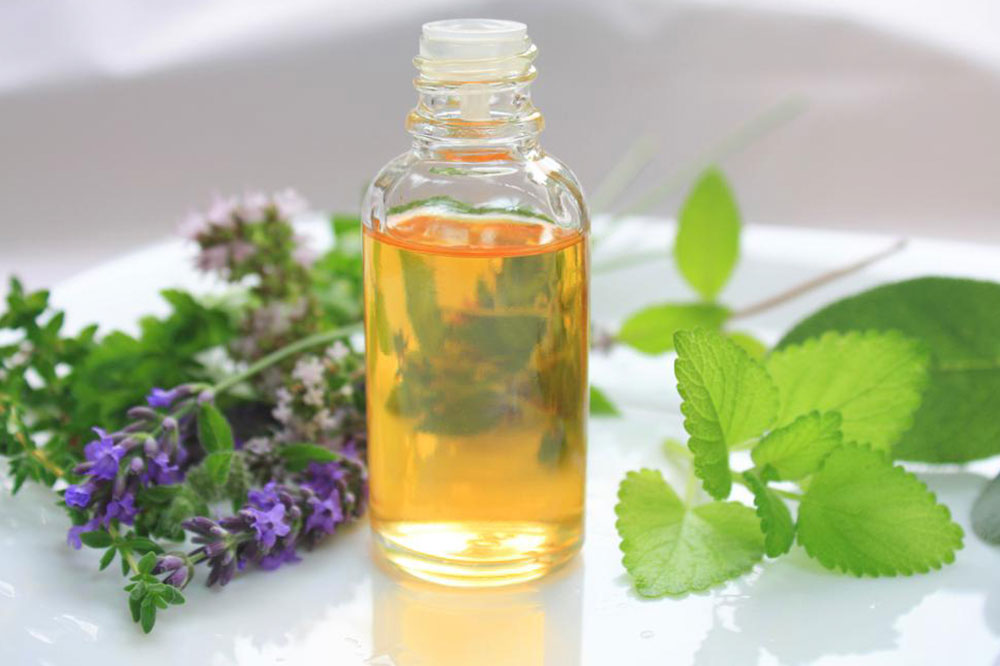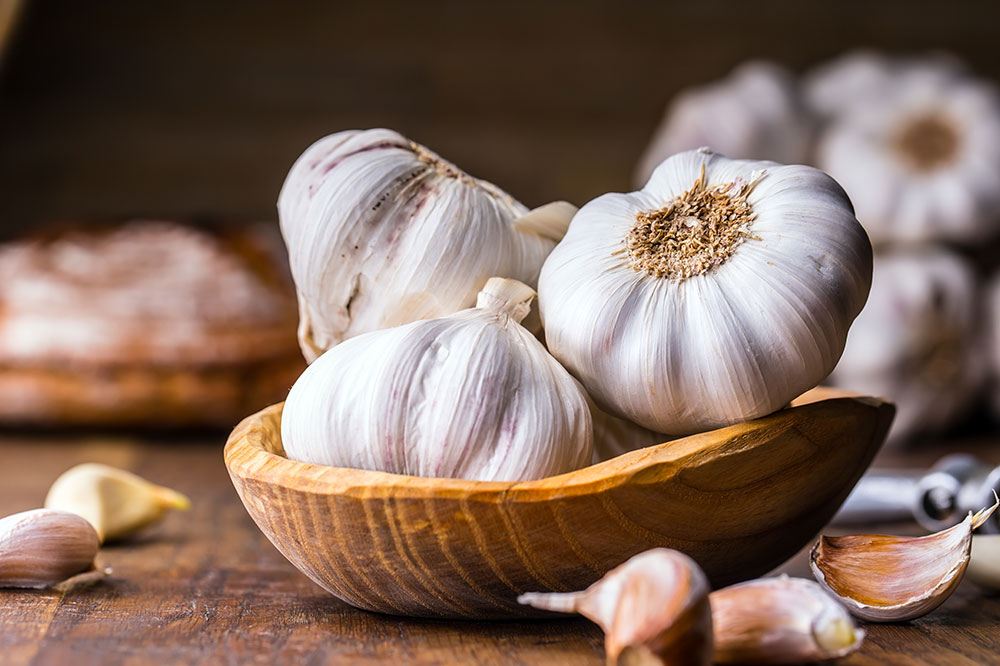Effective Strategies for Managing Coughs
Discover natural and medical strategies to manage and treat coughs effectively. From home remedies like honey and herbal teas to OTC medications and reflux treatments, learn how to relieve cough symptoms swiftly. Proper management can improve comfort and reduce coughing duration. Consult a healthcare professional for persistent coughs.
Cough – Effective Strategies for Relief
A cough is a reflex of the immune system designed to expel inhaled or circulating foreign particles, often caused by infections. While beneficial, persistent coughing can impact daily life. Coughs are categorized by duration: acute (up to 2 weeks), subacute (3-8 weeks), and chronic (over 8 weeks). Fortunately, numerous treatment options are available. Let’s explore some effective methods for managing coughs at home and with medical assistance.

Home Remedies
While mild coughs can often be managed without medical intervention, home remedies can aid faster recovery.
Honey
Consuming about 10 mL of honey mixed into warm tea or lemon water can effectively soothe a cough. Evidence supports honey’s comparable effectiveness to some medications. However, it is not suitable for children under one year due to bacteria risks.
Hydration
Drinking plenty of fluids, especially water, maintains hydration. Juices with soothing ingredients also help keep the throat moist and relax muscles.
Saltwater Gargle
Dissolve a teaspoon of salt in warm water to gargle for 30-60 seconds. This helps keep the throat moist and reduces mucus buildup.
Turmeric and Black Pepper Milk
Boil a cup of milk with a pinch of turmeric and black pepper. The antimicrobial effects of turmeric and the anti-inflammatory properties of black pepper combat infection and soothe irritation.
Pineapple
Pineapple contains bromelain, an enzyme that helps loosen phlegm and reduce inflammation. Consuming a slice thrice daily can assist in relief, but avoid if on blood thinners.
Peppermint
Peppermint’s bioactive compounds and essential oils help relieve cough by reducing inflammation and soothing the throat. Drinking peppermint tea or inhaling steam provides relief.
Spice Mixture
A blend of cloves, cinnamon, black pepper, turmeric, ginger, and peppermint offers a potent home remedy, targeting throat tissues and nerves for faster relief.
Avoid Acid Reflux Triggers
Prevent acid reflux by avoiding foods that increase stomach acidity and establishing routines to minimize symptoms.
Probiotics
These beneficial microbes, found in yogurt, sauerkraut, kimchi, and sourdough, support gut health and bolster immunity, aiding recovery.
Managing Dry Cough
Dry coughs cause throat irritation without mucus. To ease discomfort, keep the throat lubricated with fluids, humidify the air, and use lozenges with soothing ingredients like honey or menthol.
Hydration
Consistency in fluid intake, especially warm water with honey or lemon, helps prevent throat dryness and reduces coughing.
Lozenges and Cough Syrups
These soothe dry throats and reduce irritation. Many contain glycerol, honey, or mild anesthetics beneficial for children and seniors.
Main Medical Treatments
If home remedies are ineffective or cough persists, professional treatment may be necessary. Options include:
Over-the-Counter Medications
Decongestants and cough suppressants provide relief. However, suppressing coughs should be done cautiously, as coughing aids recovery.
Antibiotics
Prescribed for bacterial infections, antibiotics help eliminate microbes, depending on the specific pathogen involved.
Reflux Treatments
Proton pump inhibitors at prescribed doses can reduce acid reflux, alleviating related cough symptoms.
Note: While most cough treatments have minimal side effects, ongoing or severe coughs require medical evaluation. Home remedies are effective for short-term coughs, but persistent symptoms should be professionally diagnosed.










